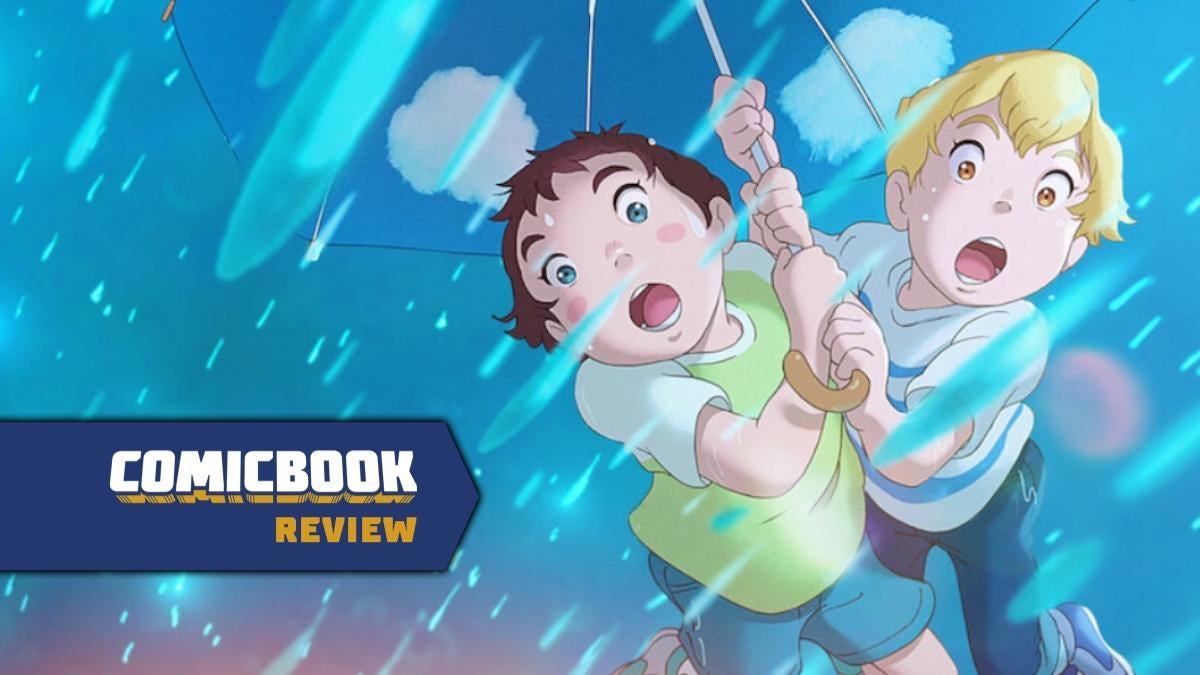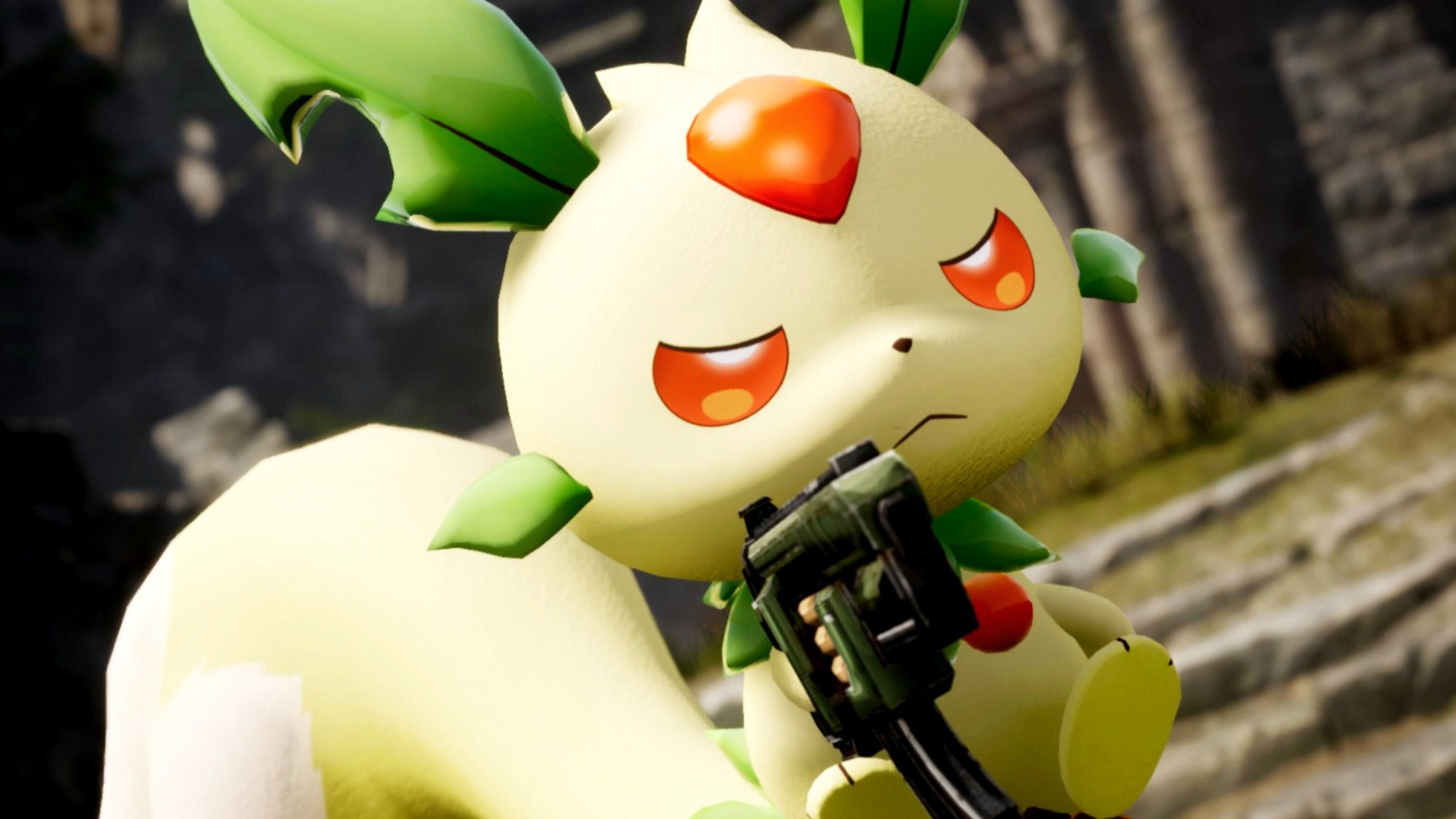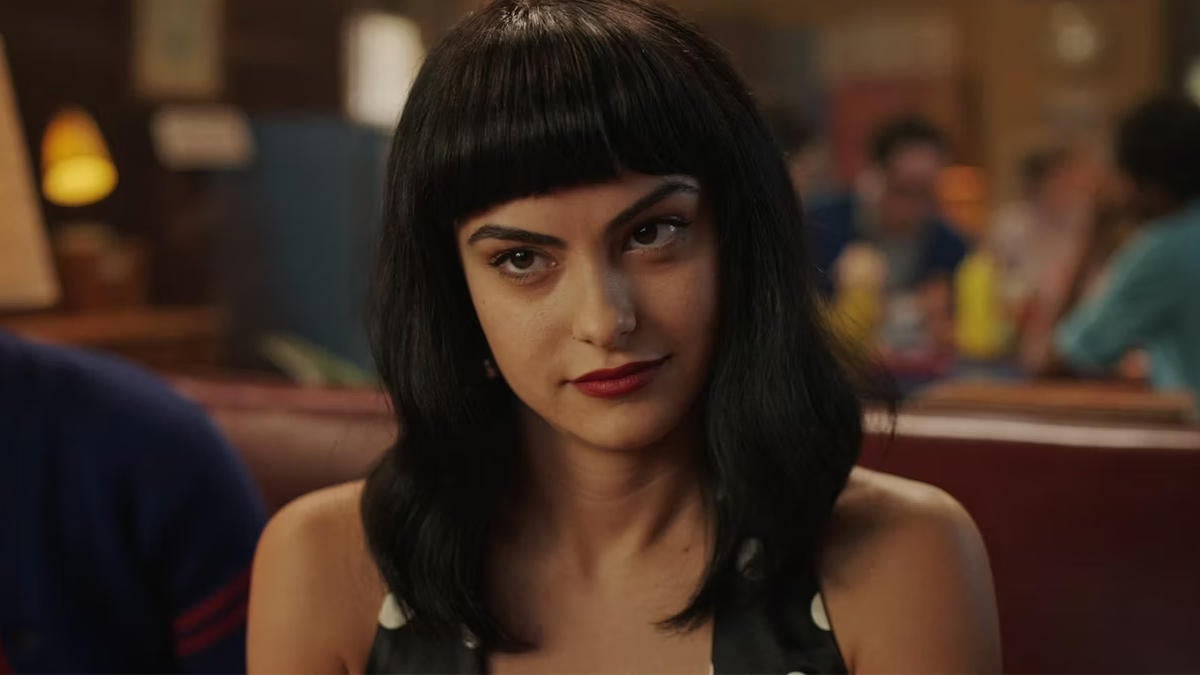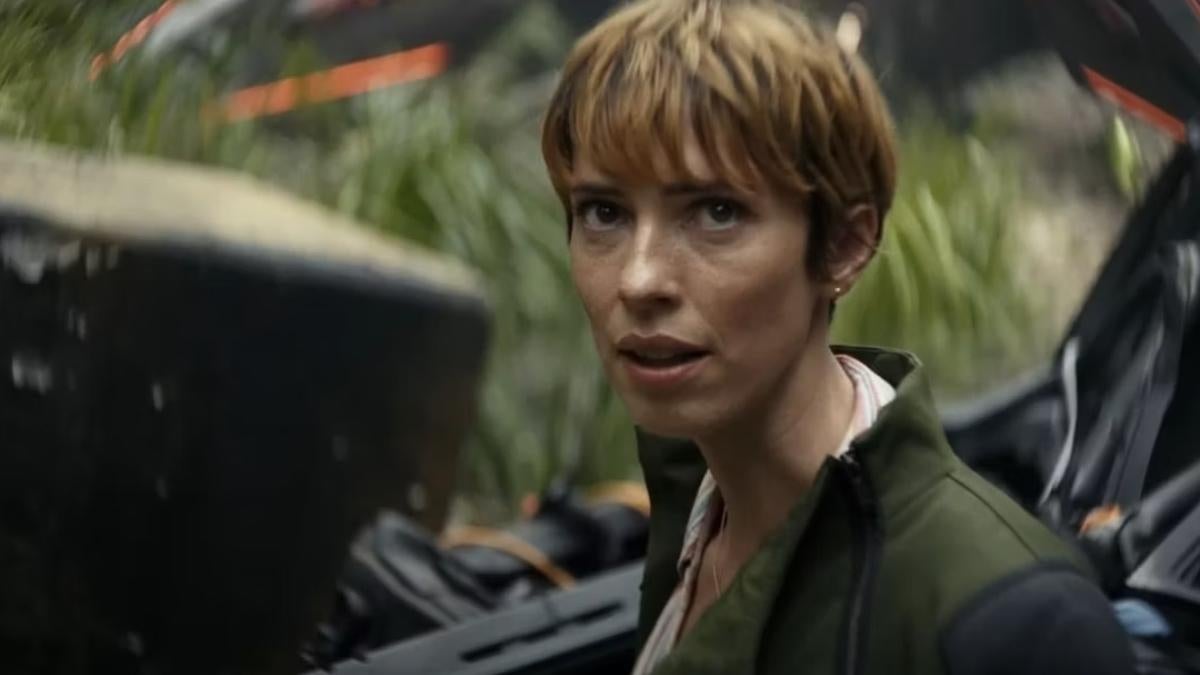
Studio Ponoc’s The Imaginary delivers a bittersweet story about the loss of childhood innocence in our lives as we grow up
Studio Ponoc and Netflix have entered a multi-film, multi-year deal that will make the streaming service the exclusive home for Studio Ponoc’s next few movies, and there’s no better way to start things off than with The Imaginary. Studio Ponoc is quietly one of the major anime film studios to keep an eye out for. While they have only released three major film projects since the studio’s inception in 2015, the projects thus far have been filled with a unique eye and perspective on animation. This made The Imaginary all the more curious as it was their first full-length animated film project since 2017.
It’s also the most ambitious undertaking because The Imaginary features the most grandiose story that this studio has ever produced. Adapting A.F. Harrold’s novel of the same name, The Imaginary is a bittersweet story about growing up, losing childhood innocence, and the fight to keep that imaginative spirit within you alive. It’s a magical film that dreams up wild locales, fun character designs, dark depths, and emotions that could really only be portrayed through animated work. It’s a film without boundaries, but still remains grounded in telling its central story.
The Imaginary introduces Rudger (voiced by Kokoro Terada in Japanese dub and Louie Rudge-Buchanan in the English dub), the imaginary friend of a young girl named Amanda (voiced by Rio Suzuki in the Japanese dub and Evie Kiszel in the English dub). The two of them are very close and have huge adventures within Amanda’s attic, but Rudger never truly interacts with the real world beyond that. Things change when the mysterious Mr. Bunting (Issey Ogata in the Japanese dub and Jeremy Swift in the English dub) wants to eat Rudger, and it starts a whole new journey as Rudger and Amanda are separated, Rudger explores the world of the Imaginaries, and races against the clock before he disappears forever.
The Imaginary welcomes you into its magical world almost immediately as Rudger introduces himself as Amanda’s creation, and invites you into her worlds. It’s dreamlike in presentation as golden sparkles serve as a sort of “imagination energy” that help to bring the imaginary settings and characters to life. There’s a creative fluidity to how settings can easily change to fit Amanda’s whims, and it’s smooth in presentation when you see animals quickly change in scope and ferocity depending on the adventure Amanda’s having at the moment. It’s a treat for the eyes all the way through.
Each imagined world we get a glimpse of feels dramatically different than the one shown previously, and there are sequences here that could only be portrayed through hand-drawn animation. There’s such an impressive use of vibrant colors and deep blacks that really pop on the screen. It’s not limited to just the worlds, however, as every small character moment and action has a storybook quality to it that makes even the most seemingly mundane moments a pleasant experience to watch.
What’s most impressive, however, is the narrative core underneath all of its visual splendor. There’s an inherent sadness throughout the film that’s immediately apparent. There’s a reason revealed for why Amanda comes to invent an imaginary friend, and the loss of her father leads her to believe that she shouldn’t cry and outwardly show too much of that pain in front of her now-struggling mother. There’s so much change in Amanda’s life as a result, and thus the imaginary world provides an escape.
But that’s not all of the struggle, however, as Rudger also needs to deal with the fact that he’s not real and will soon disappear when Amanda forgets all about him. The main core of the film follows Rudger as he deals with this concept of one day leaving Amanda’s side, and then when it’s forced upon him, he has to fight for Amanda to maintain that connection to her by any means necessary. All the while, Mr. Bunting as a villain provides an outward dark, antagonistic force representing the unknown future.
As a kid who refused to grow up, Mr. Bunting showcases the darker sides of growing up. The uncertainty, fear, and lingering questions about change leads to a potentially awful kind of grown-up. But there’s still a sadness in needing to face that future anyway. It’s something Rudger and Amanda come to realize over the course of the film, and it’s what helps The Imaginary truly land. Because, while it’s full of grand spectacle, it always carries a bitter taste that this will all someday end.
The Imaginary is a film about looking the future in the face and venturing forth anyway. It’s a film that argues that while some things are meant to end, and memories fade, the feelings they left behind will always stick with you. The people in your life, imaginary or not, each have an impact on you. You might forget that impact as time rolls on, but there’s a bit of your heart left with each one either way. And that heart will feel even fuller after The Imaginary.
Rating: 4.5 out of 5
The Imaginary releases with Netflix on July 5th







